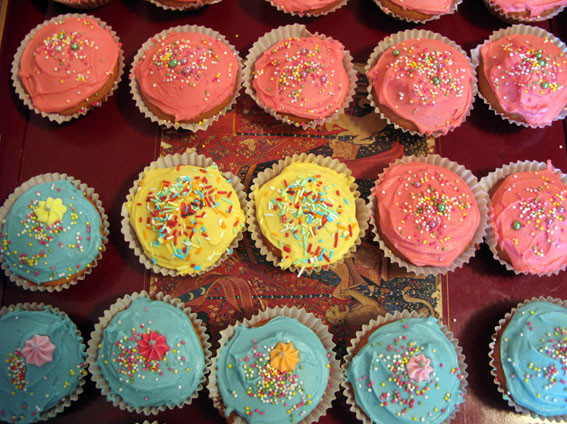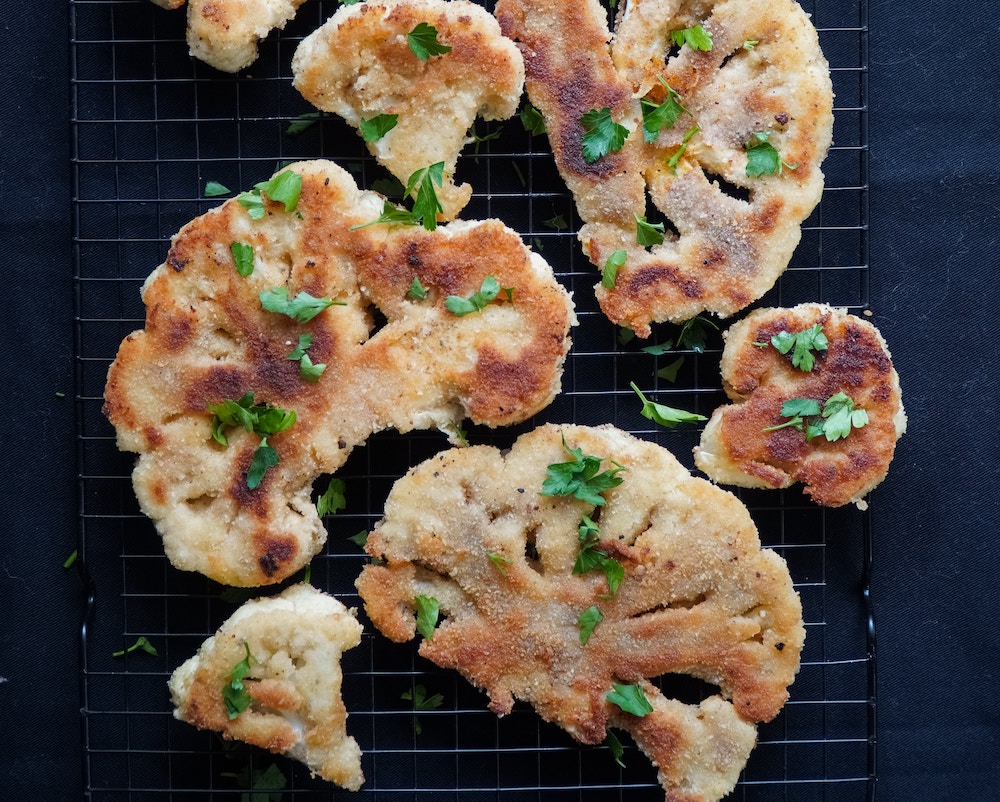 Sugar. Human beings collectively crave this intensely sweet substance, the first veritable drug that enters our bodies via wonderful confections in childhood. Yes, sugar causes pleasure centers in the brain to react in the same fashion as heroin and cocaine use, but this isn’t what makes it such a dangerous addition to the human diet. As a species, this addictive quality makes perfect sense—our cell function is completely propelled by glucose (a form of sugar), meaning we absolutely need it to survive. Cravings for sugary goodness are natural! Unfortunately, the types of sugar we are consuming are not, and we have disingenuously modified our sweet friend into refined sweeteners and have created super-highways to diabetes and obesity.
Sugar. Human beings collectively crave this intensely sweet substance, the first veritable drug that enters our bodies via wonderful confections in childhood. Yes, sugar causes pleasure centers in the brain to react in the same fashion as heroin and cocaine use, but this isn’t what makes it such a dangerous addition to the human diet. As a species, this addictive quality makes perfect sense—our cell function is completely propelled by glucose (a form of sugar), meaning we absolutely need it to survive. Cravings for sugary goodness are natural! Unfortunately, the types of sugar we are consuming are not, and we have disingenuously modified our sweet friend into refined sweeteners and have created super-highways to diabetes and obesity.
Instead of consuming sugar in whole foods the way nature intended, we have dismantled various plants and fashioned Franken-sugar, more addictive and dangerous than the simple sweet fuel our bodies need. The problem lies in how our concept of sugar is now a nutritionally void substance, lacking fiber and usually chock full of additives, natural or artificial flavors, paired with high-fat foods, and in other forms not naturally found in fruit, the only kind of simple sugar we should be consuming. Human ancestors lived on a fruit-rich diet, a fructose wonderland complete with sugar, vitamins, fiber, and abundant water content found naturally in the humble fruit. This nutrient dense way of obtaining sugar satiated our energy demands and kept us alive until the Ice Age, when fruit became scarce. Now we have lost our way (but not our addiction), adding different forms of sugar to nearly everything to obtain that primal energy-hit. High Fructose Corn Syrup, Agave Nectar, Coconut sugar, Cane sugar, and Stevia are all widely utilized sweeteners, but not a single one of them provide the body with the powerhouse energy and vitality of fruit. Sweeteners are merely a modification of what is natural and wholesome; and our taste buds are tricked into overindulging time and time again because we no longer pair sugar with the fiber needed to allow a feeling of fullness. Now people are refusing to eat fruit because “it’s too sugary,” yet unthinkingly consume sodas, chocolate, candies, and other sweets to sneak in sugar hits on a daily basis. Sugar is apparently to blame, but it is merely a fraction of the problem, not the whole picture.
The problem is not sugar itself, but the type of sugar we are eating and the way sugar interacts with other foodstuffs, raising the overall glycemic index of a meal. What humans have done with sugar is essentially the same as how we’ve created “natural flavors” from whole foods into something that tastes good but is foreign to how our bodies have been designed to eat. Here’s a quick rundown on some popular vegan sweeteners:
Agave Nectar-Made from the indigestible starchy bulb of the Agave plant, it is typically produced by a highly chemical process similar to High Fructose Corn Syrup (HFCS). Agave has about 90% fructose, more than HFCS, and provides negligible amounts of iron, calcium, potassium, and magnesium. It does have a low Glycemic Index, 9.6 for 2 tablespoons. If buying agave make sure it is organic, and preferably raw.
Coconut Sugar-Drained and dried sap from the Coconut blossom, this sweetener is 70-80% sucrose, and provides small amounts of zinc, calcium, B vitamins, potassium. It has a 1-1 rating to table sugar according to the American Diabetic Association. When buying Coconut sugar, ensure you do a little research into sustainability and the brand you buy.
Maple Syrup– Maple syrup is created from the sap of Maple Trees and is much less refined than other sugars. It contains minerals, antioxidants, and has a Glycemic Index of 54, whereas table sugar has a rating of 68. It contains less calories than honey and more minerals, such as zinc and manganese.
Stevia– In the United States, the FDA has not permitted whole leaf stevia to be sold as a “food additive,” but has allowed for a highly refined product containing only part of the plant, rebaudioside A. Typically this extraction process involves carcinogens and the resulting product contains natural flavors, which trick your mind into craving substances. Stevia extracts contain no calories and has been used for diabetics, high blood pressure, heartburn, and as contraceptive. It can cause bloating, nausea, dizziness, muscle pain, and allergic reactions in people with ragweed allergies. It can interact with certain medications for high blood pressure and diabetes. However, whole leaf stevia has been used by the Japanese for over 30 years with apparently no harmful side effects, and has been utilized for centuries in South America. It is legal to buy a stevia plant to have in your garden, and you can make your own liquid or powdered stevia at home.
While these sweeteners are convenient for use sparingly, they all fall short compared to fruit. There are some fruits with high glycemic indexes, but keep in mind they also contain micronutrients and fiber, and are a fat-free way to actually enjoy your sugar and love your body by giving it what it needs. Low Glycemic fruits include: cherries, oranges, plums, strawberries, pears, apples, and dried apricots. All of these foods are nutrient dense ways to treat yourself, without the guilt of eating poorly! So please, instead of reaching for a chocolate bar, grab yourself a sweet juicy treat, make a smoothie, build your body up instead of breaking it down, and just eat some darn fruit!
Also by Jessi: Raw Vegan 101 – How to Use a Dehydrator
____
Photo: hanner via flickr




